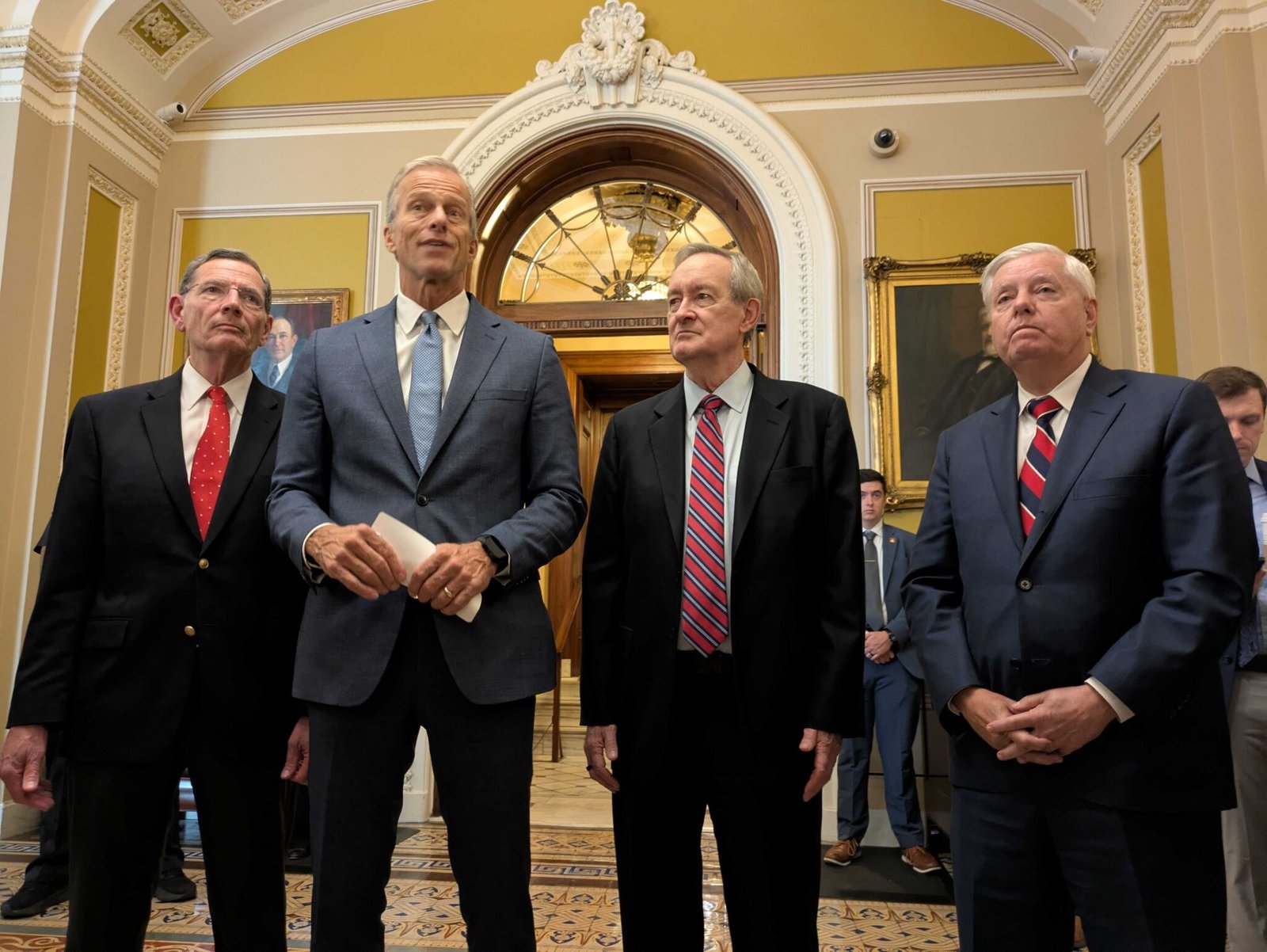artificial intelligence
US Senate Edges Past GOP Megabill in Overnight Showdown, Now Heads to House

WASHINGTON — U.S. Senate Republicans passed a significant tax break and spending cuts package on Tuesday through a tie-breaking vote by Vice President JD Vance. This followed intense negotiations leading to an extended amendment voting session.
The 51-50 vote predominantly reflected party lines, sending the bill back to the House. Republican leaders aim to secure its passage for President Donald Trump’s signature by the July Fourth deadline. Yet, dissatisfaction among House GOP members regarding Senate changes may lead to delays.
Notably, Senators Susan Collins, Rand Paul, and Thom Tillis opposed the bill, citing concerns over its potential adverse effects on the country’s finances and GOP constituents.
The specific modifications made during final negotiations remained ambiguous, with no official details released. Alaska’s Lisa Murkowski and Majority Whip John Barrasso were seen leaving the chamber together shortly after 9:30 a.m. Eastern, heightening speculation around the vote’s outcome.
Trump referred to the complex nature of the Senate discussions on spending cuts during his visit to a Florida immigrant detention center. He expressed cautious optimism but highlighted the need to review the final version closely.
At the core of the nearly 1,000-page legislation is the extension and expansion of the 2017 tax law. The bill aims to maintain individual income tax rates, make certain business tax breaks permanent, and implement various elements of Trump’s campaign platform.
Among the more controversial aspects are substantial cuts to the Medicaid program and a shift of costs from the federal Supplemental Nutrition Assistance Program (SNAP) to states. Additional funding aimed at border security and defense is also included.
The bill proposes raising the debt limit by $5 trillion, a measure designed to circumvent issues leading up to the next year’s midterm elections.
House approval faces uncertainty. Speaker Mike Johnson, R-La., can afford to lose only four Republican votes if all lawmakers participate. Several members have expressed dissatisfaction with Senate revisions, complicating the bill’s path forward.
Senate amendments included the removal of restrictions on state and local government regulations regarding artificial intelligence. This passed with overwhelming support. Other amendments disqualified high-income individuals from receiving unemployment support and accelerated checks on Medicaid eligibility.
Attempts to introduce a comprehensive private school voucher program sparked considerable debate, although the proposal ultimately failed. Additionally, funding requests for increased aviation safety measures near Washington, D.C., did not succeed.
Several Senators offered amendments aimed at enhancing funding for rural healthcare providers, yet procedural limitations thwarted these efforts as well.
The unfolding legislative landscape remains dynamic, with ongoing discussions expected to shape its final outcome. Further developments will be closely monitored.

















